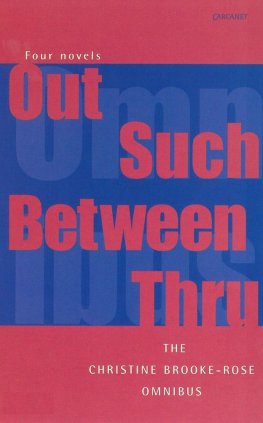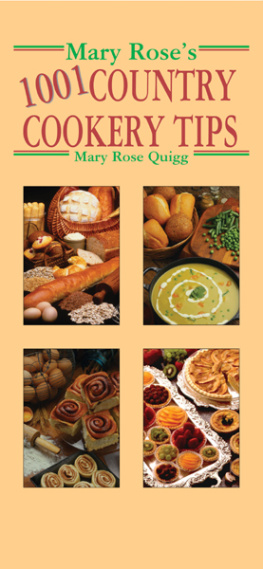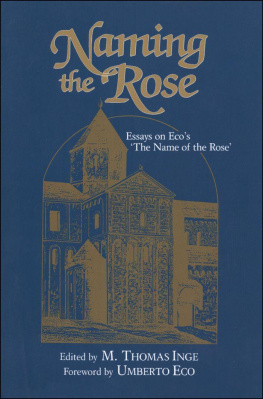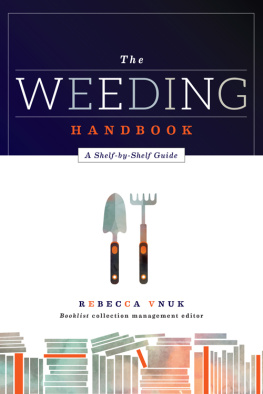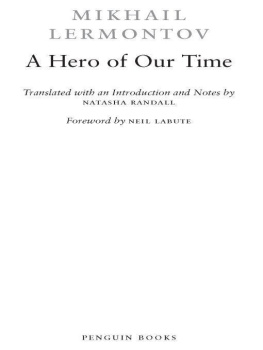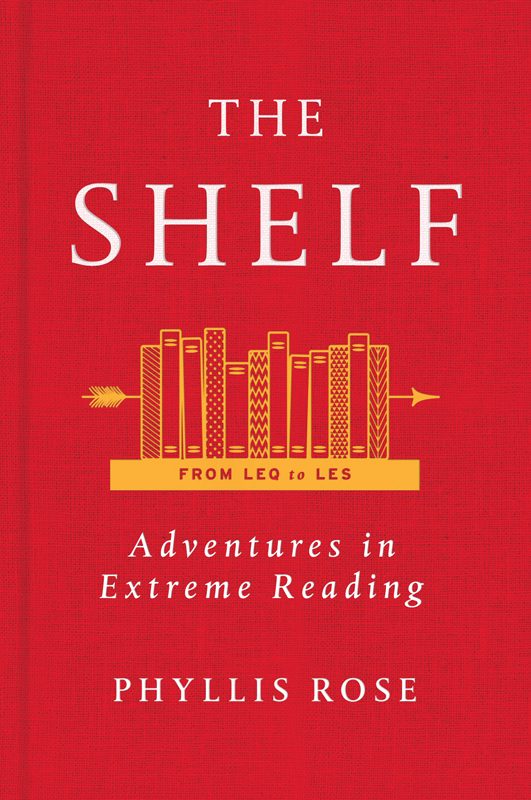
The author and publisher have provided this e-book to you for your personal use only. You may not make this e-book publicly available in any way. Copyright infringement is against the law. If you believe the copy of this e-book you are reading infringes on the authors copyright, please notify the publisher at: us.macmillanusa.com/piracy.
To Annie Dillard
lector prodigiosa
CONTENTS
In the vast Library, there are no two identical books.
Jorge Luis Borges, from The Library of Babel
One
THE EXPERIMENT BEGINS
This book records the history of an experiment. Believing that literary critics wrongly favor the famous and canonicalthat is, writers chosen for us by othersI wanted to sample, more democratically, the actual ground of literature. So I chose a fiction shelf in the New York Society Library somewhat at randomit happens to be the LEQLES shelfand set out to read my way through it, writing about the experience as I went. I had no reason to believe that the books would be worth the time I would spend on them. They could be dull, even lethally so. I was certain, however, that no one in the history of the world had read exactly this series of novels. That made the project exciting to me.
I thought of my adventure as Off-Road or Extreme Reading. To go where no one had gone before. To ski fresh powder in the backcountry of the Rockies. To hack through a Mexican jungle and discover a lost city. To be the first to cross Antarctica, reduced to eating the sled dogs, leading my men through the frozen wastes, across the Strait of Magellan, and over the treacherous mountains of South Georgia Island. To be the first. However, I like to sleep under a quilt with my head on a goose down pillow. So I would read my way into the unknowninto the pathless wastes, into thin air, with no reviews, no bestseller lists, no college curricula, no National Book Awards or Pulitzer Prizes, no ads, no publicity, not even word of mouth to guide me. In the fifteenth century, Poggio Bracciolini, a Vatican secretary, spent his leisure time combing monastery libraries for texts of antiquity. He located them, copied them in his own beautiful hand or caused them to be copied, and made them known to other humanists. I read about Poggio in Stephen Greenblatts The Swerve , and I envied that Renaissance geezer. I would have loved to spend weeks going through unexamined scrolls and codexes and to stumble upon Lucretiuss masterpiece, De Rerum Natura , which no one had read in fifteen hundred years. This was my kind of exploration.
Usually we choose our reading from a preselected list of books, compiled by reviewers, awards panels, librarians, teachers, and professors, and these reading lists are remarkably resistant to change. Occasionally an intellectual movement comes along, feminism for one, that opens up our sense of what is major and what is minor, enlarging the pool of books read, but this does not happen often. And then the upstarts themselves have a way of becoming canonical, unquestioned, and a new generation considers Mrs. Dalloway or The Harder They Come essential reading. What about all those books that are never read at all, never even considered? Who speaks for them? Arbitrary choice is the most radical response to conventional judgment. Let me, I thought, if only for a change, choose my reading almost blindly. Who knows what I will find?
Not all my friends saw the potential of this idea. How many books were on a shelf? Maybe thirty. How many writers? Maybe ten. So you will write about ten randomly chosen unknown writers? they said, smiling with feigned enthusiasm. No, I replied. Something more organic. It will be more like a travel journal. But youre going to discover a great writer who lived in obscurity without the recognition he or she deserved, right? Well, maybe, but that wasnt the point.
My generation was shaped by an approach to literature that began with the Romantics, was codified by Matthew Arnold, and reached its peak through a broad group of critics that included Lionel Trilling and F. R. Leavis. It believed that literature was an instrument of moral education. It imbued literature with depth and urgency, what we did not hesitate, as late as the 1960s, to call relevance to life. It believed that novelists and poets were special beings, unacknowledged legislators, people who taught and enlarged us. Through them we might investigate every important issue. No matter what future you imagined for yourselfas a doctor, a lawyer, a banker, a cabaret singerengaging with literary texts in your student days would benefit you. Therefore, for a while, the study of literature moved to the center of the liberal arts curriculum. Many of us became English majors.
This approach had flaws, of course. It always risked becoming moralistic, and it elevated certain writers over others, writers whose works were considered especially meaningful. By the last quarter of the twentieth century, a reaction had set in. Any attempt to justify literature as giving the reader something became suspect. We had known for a long time not to seek a simple message in literature. But under the influence of French criticism, we were led to believe that there was nothing there at all. Everything we thought we saw in fiction, we ourselves brought to the text. A text was a culturally produced set of markers, no more, and the authors role in producing the text was very small. Nothing could be more ridiculous than to discuss what he or she was trying to say. That nothing lay at the heart of the literary experienceno author-intended meaning or even set of concernswas, temporarily, refreshing.
We English majors, despite our military epithet, never understood that we had to fight for the literature we so much enjoyed. Its study seemed so well-entrenched, we took it for granted. When the Trojan horse arrived, in the form of clever, infinitely sophisticated professors of literature from France, we accepted their delicious gifts of irony, novelty, and nihilism and did not see the danger. Now, a generation later, the edifice that took a hundred years to put in place, and that spread a kind of enlightenment over America, is gone. We have to do all over again the work of proving that there is any point to reading a novel besides making time pass more quickly. This book is my way of making amends for not fighting when I should have. I thought the problem would go away if I waited, and eventually it did. But, as with a tsunami engulfing a city, when the waters receded, the city was gone.
* * *
My project began with a storm. The entire Northeast was about to be hit by Hurricane Irene, which was expected to be historically destructive. I was vacationing in a rented house on Marthas Vineyard as we all waited, terrified, fearing we would be washed out to sea as people were by the hurricane of 1938. I searched my landlords collection of books for appropriate reading and found it in The Last Voyage of Columbus by Martin Dugard.
Columbus was trying to locate the western passage to India when he arrived in the Caribbean on his fourth and last voyage. Superb seaman that he was, he sensed an extraordinary storm in the offing. He sought shelter in the harbor of Santo Domingo on the island of Hispaniola, but the governor, jealous of Columbus, found a reason not to let him bring his ships in. Columbus begged the governor to detain the treasure fleet that was about to set sail for Spain, but the governor would not do that either. Denied shelter in the harbor, Columbus led his ships northwest to relative safety and rode out the storm. The treasure fleet headed northeast, into the path of the hurricane, and no one survived.


![Mihail Lermontov - A Hero of Our Time [New Translation]](/uploads/posts/book/837578/thumbs/mihail-lermontov-a-hero-of-our-time-new.jpg)
